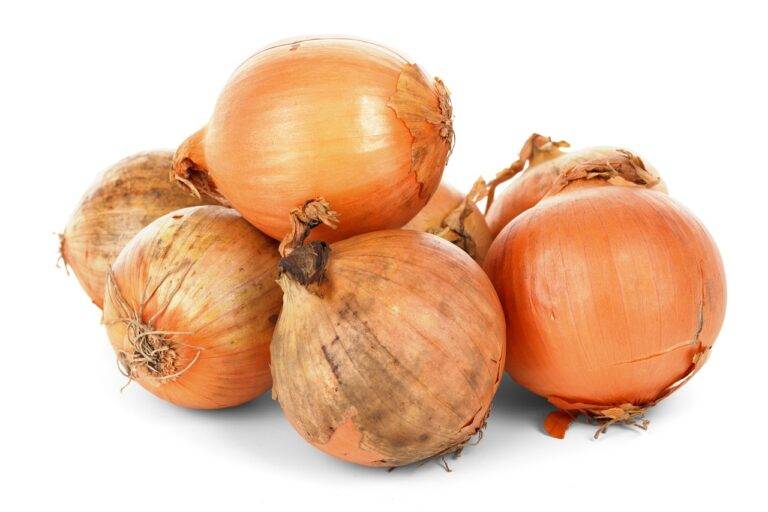How to Choose the Best Oils for Cooking and Baking
Choosing the right cooking oil for your culinary creations can seem like a daunting task with the multitude of options available in the market today. From olive oil to coconut oil, each type of oil brings its own unique flavor profile and smoking point to the table. It’s essential to understand the different characteristics of oils to determine which one best suits your dish and cooking method.
Canola oil is known for its neutral flavor and high smoking point, making it a versatile choice for frying and baking. On the other hand, avocado oil offers a rich, buttery taste that is ideal for salad dressings and sautéing vegetables. Whether you’re looking to add depth to your stir-fry or achieve a light and crisp texture in your fried foods, exploring the diverse range of cooking oils available can elevate your cooking game to new heights.
Considerations for Choosing the Right Oil for Cooking
When selecting a cooking oil, it is essential to consider its smoke point. This temperature indicates when the oil starts to break down and produce smoke. Oils with high smoke points, such as avocado oil and refined coconut oil, are suitable for high-heat cooking methods like frying or searing. On the other hand, oils with low smoke points, like flaxseed oil and walnut oil, are better suited for dressings or low-heat cooking.
Another factor to keep in mind when choosing a cooking oil is the flavor profile it imparts to the dish. Some oils, like olive oil and sesame oil, have distinct flavors that can enhance specific dishes. However, other oils, such as canola oil and grapeseed oil, have a neutral taste, making them versatile options for a wide range of recipes. Consider the taste you want to achieve in your dish when deciding on the right oil to use.
What are the different types of cooking oils available?
There are various types of cooking oils available including olive oil, coconut oil, vegetable oil, canola oil, sunflower oil, and avocado oil.
How do I choose the right oil for cooking?
When choosing the right oil for cooking, consider the smoke point, flavor profile, and health benefits of the oil.
What is the smoke point of an oil and why is it important?
The smoke point of an oil is the temperature at which it begins to smoke and break down, creating harmful compounds. It is important to choose an oil with a high smoke point for high-heat cooking methods like frying.
Can I use olive oil for frying?
Extra virgin olive oil has a lower smoke point and is not ideal for frying. It is better to use refined olive oil or another oil with a higher smoke point for frying.
Are saturated fats in coconut oil bad for my health?
While coconut oil is high in saturated fats, it also contains medium-chain triglycerides which are considered beneficial for health in moderation. It is best to use coconut oil sparingly in cooking.
How can I store cooking oil properly?
Cooking oil should be stored in a cool, dark place away from heat and light to prevent it from going rancid. Make sure to seal the container tightly after each use.





